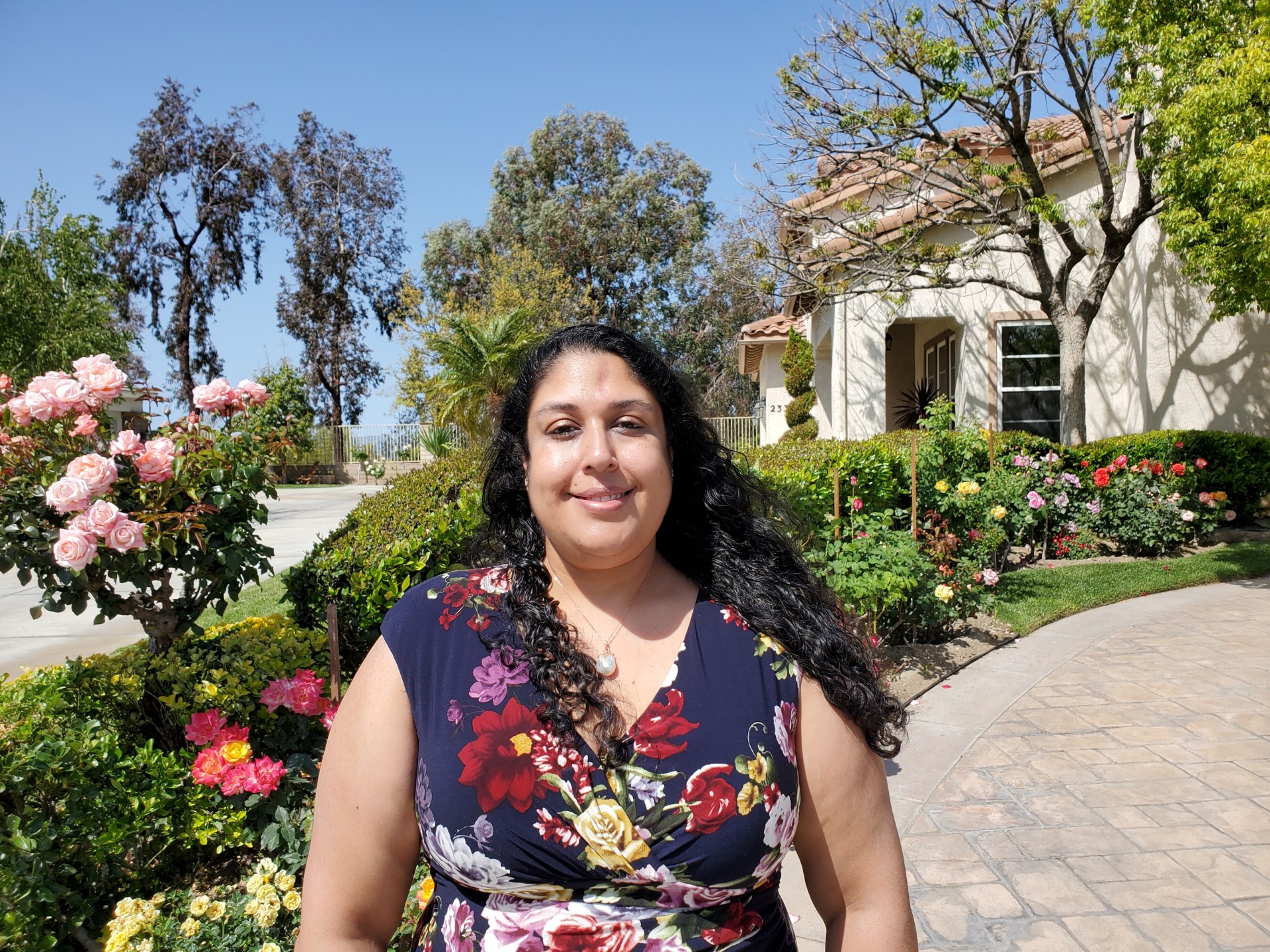 Who's Who: Samantha Yeligar, MS, PhD
Who's Who: Samantha Yeligar, MS, PhD
Associate Professor of Medicine
Division of Pulmonary, Allergy, Critical Care, and Sleep Medicine
Department of Medicine, Emory University
Three statements about you – two true, one false.
"I’ve visited all 50 states in the US."
"I completed and defended two thesis projects within five years."
"I binge watch true crime docuseries while I write grants."
Give us your ‘elevator pitch’ biography.
We’re all born as scientists, questioning and discovering the world around us. I didn’t start out my scientific education with a particular field in mind; I just wanted to learn. The more challenging the topic, the more I wanted to pursue it. Research was where I found my passion for asking scientific questions, and mentors were where I found my commitment to scientific training.
Initially, I was fascinated by cancer research and drug development so I started my scientific career learning how transcriptomics and bioinformatics could be used to evaluate the efficacy of synthesized tumor-selective inhibitors. This broad-field approach sparked my interest in elucidating the complex and, what I found to be, elegant molecular pathways that led to disease pathogenesis. In order to better tease out these pathways, I needed to hone my skills in molecular biology techniques. As I gained more experience in using these techniques, experimental design to ask key scientific questions became an artform. A careful balance of creative and critical thinking allowed me to explore molecular pathways of inflammation in alcohol-associated liver disease and oxidative stress in alcohol- or HIV-induced lung injury and immune dysfunction. I have been fortunate to be supported by extramural funding throughout my training and career. My current research program focuses on alveolar macrophage mitochondrial dysfunction and peroxisome proliferator-activated gamma as a translational target in the treatment of lung injury and host immune defense dysregulation in people with a history of alcohol use disorders or HIV.
My career so far has been characterized with amazing luck with mentors. I've had the chance to work with Joseph G. Hacia, PhD (University of Southern California), Vijay K. Kalra, PhD (University of Southern California), Lou Ann S. Brown, PhD (Emory University), and C. Michael Hart, MD (Emory University). They have each played a significant role in my professional and personal development as a scientist. As I now mentor trainees, I aim to provide these future researchers with the same encouragement and support for a creative, critical thinking process that was provided to me.
What would you tell yourself as an Early Career Professional?
Keep going, and if the going gets tough, develop more mentoring relationships.
Throughout my career, mentors have served as role models for both my professional and personal development. It’s through their continued support and encouragement that I learned to hone my technical and critical thinking skills and enjoyed the creative freedom necessary to develop my own research program where I now “mentor up” and “mentor down”. Mentoring is bidirectional.
If you weren’t in medicine, and were in a different industry altogether, what would you be?
I would be a chef and cookbook author. I absolutely love to cook and develop new flavor profiles using different combinations of spices. My detailed recipes look suspiciously like my scientific protocols.
What is your favorite way to spend a day off?
Spending time outdoors. I find hiking, swimming, and snorkeling (whenever I can get away for a longer time) to be very relaxing.
What areas of medicine are you most excited to see develop?
Exploring the scientific underpinnings of psychosocial phenomena in parallel with molecular mechanisms of disease could revolutionize the way we think about personalized medicine in the treatment of host immune defense disorders in vulnerable populations.
What is one advancement in your field you’d like to see in your career?
I am looking forward to seeing advances in the identification of host factors that put people at risk for lung infections and learn how to modify those factors to positively impact lung health. Collaborative endeavors between basic/translational scientists and physician-scientists are integral to bringing about such advancements that can translate pre-clinical models to humans.
Which of the above three statements were untrue?
I’ve visited 47 out of 50 states in the US. I haven’t been to Montana, North Dakota, or South Dakota…yet.

